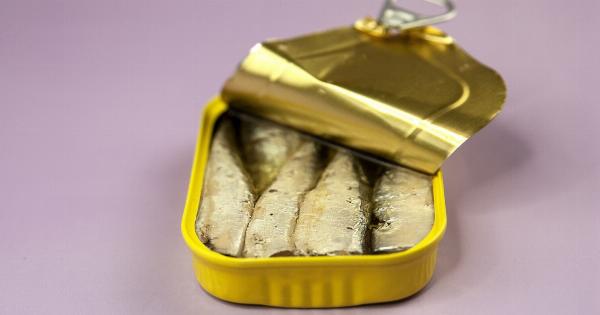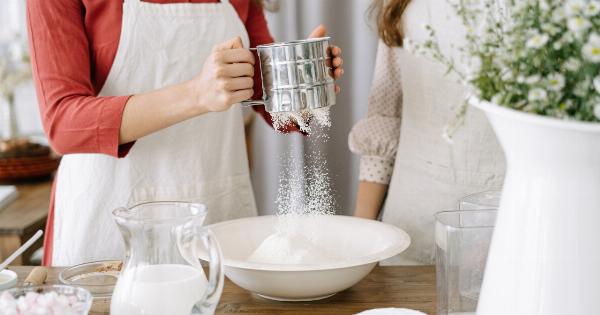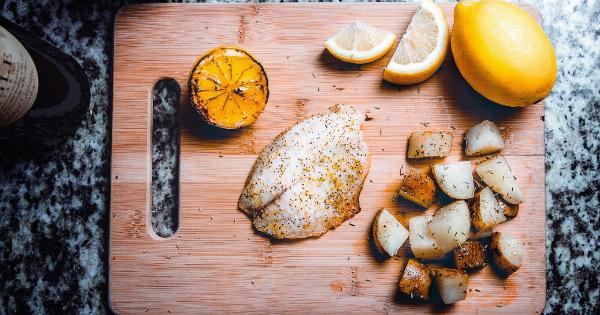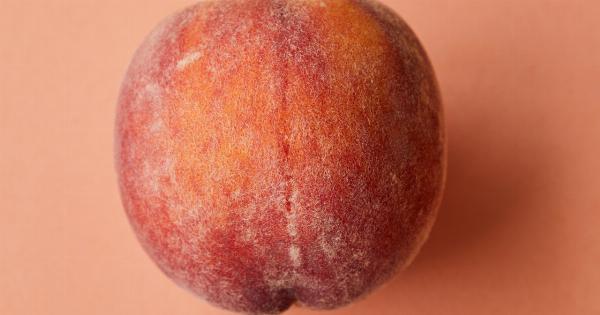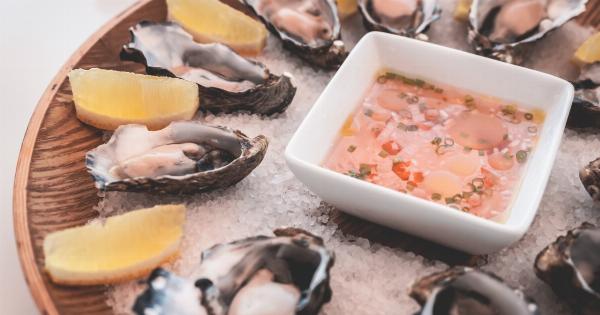Freezing is a popular method of preserving food, allowing us to keep perishable items for extended periods. However, many of us wonder whether freezing affects the taste of our favorite dishes.
In this article, we will explore whether freezing alters the taste and quality of food.
Understanding Freezing
Before delving into the impact of freezing on taste, it’s important to understand the freezing process. Freezing involves lowering the temperature of food to below its freezing point, typically around 0 degrees Celsius (32 degrees Fahrenheit).
This halts the growth of microorganisms, enzymes, and other factors that contribute to spoilage.
The Effect of Freezing on Texture
One noticeable impact of freezing on food is its texture. Many fruits and vegetables, for example, contain a high water content, and freezing can cause ice crystals to form within the cells.
As a result, when thawed, these cells can become damaged, leading to a softer or mushier texture. This is why previously frozen fruits and vegetables may not be as firm as when fresh.
The Impact on Nutritional Value
Some concern has been raised about the nutritional value of frozen foods. It is true that certain vitamins, such as vitamin C, can degrade during the freezing process and subsequent storage.
However, freezing can also help preserve the nutritional value of food by preventing the loss of vitamins and minerals that occurs due to spoilage and degradation over time.
Freezing and Flavor
The impact of freezing on flavor is a topic of much debate. While freezing itself does not add or remove any flavors, some argue that it can alter the taste of food through various mechanisms.
Oxidation and Flavor Changes
Oxidation is a chemical process that can occur when food is exposed to air. Freezing can protect food from the oxidation process by creating an airtight barrier. This preservation of freshness can help maintain the original flavors of food.
However, once food is thawed and comes into contact with air, oxidation can still occur, potentially changing the taste slightly.
The Role of Freezer Burn
Freezer burn occurs when food is improperly stored in the freezer, leading to dehydration and the formation of ice crystals on the surface. This can result in off-flavors and texture changes.
By properly packaging and storing food in airtight containers or freezer bags, you can minimize the risk of freezer burn and maintain the original taste of frozen food.
Flavor Changes Due to Enzymatic Activity
Enzymes play a vital role in the ripening and degradation of fruits and vegetables. Freezing can slow down the activity of enzymes, helping to preserve the flavors of fresh produce.
However, some enzymatic activity can still occur during freezing and thawing, potentially leading to flavor changes over time.
The Influence of Storage Time
The duration of storage also plays a role in taste changes. Over time, frozen food can be subject to flavor and quality deterioration.
This is why it is important to consume frozen food within a reasonable time frame to maintain its optimal taste and quality.
The Importance of Proper Freezing Techniques
Proper freezing techniques can help preserve the taste of food. Here are some key considerations:.
- Ensure the food is fresh before freezing, as freezing will not improve the taste of spoiled or low-quality items.
- Use appropriate packaging to prevent air exposure and minimize the risk of freezer burn.
- Freeze food as quickly as possible to minimize the formation of large ice crystals.
- Label and date your frozen items to ensure they are consumed within a reasonable time frame.
The Thawing Process
The way you thaw frozen food can also impact its taste. Slow and gentle thawing in the refrigerator is recommended for most foods, as it helps retain moisture and prevents texture changes.
Avoid thawing food at room temperature, as it can lead to uneven thawing and potential bacterial growth.
In Summary
Freezing is a convenient method to prolong the shelf life of food, but it can potentially affect taste and quality.
While freezing itself does not significantly change the flavor of food, factors such as oxidation, enzymatic activity, and improper storage can lead to subtle alterations in taste and texture. By utilizing proper freezing techniques and consuming frozen food within a reasonable time frame, you can ensure that the taste of your frozen meals remains as enjoyable as possible.



